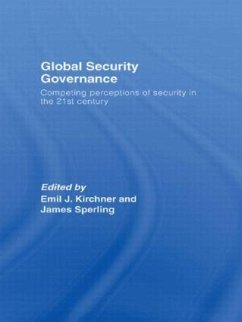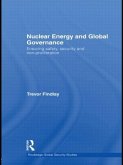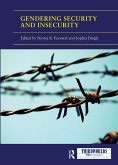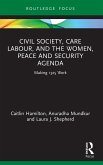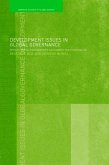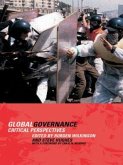This book demarcates the barriers and pathways to major power security cooperation and provides an empirical analysis of threat perception among the world's major powers. Divided into three parts, Emil Kirchner and James Sperling use a common analytical framework for the changing security agenda in Canada, France, Germany, Italy, Japan, the Russian Federation, the United States, the United Kingdom, and the EU. Each chapter features: an examination of national 'exceptionalism' that accounts for foreign and security policy idiosyncrasies; definitions of the range of threats preoccupying the government, foreign policy elites and the public; assessments of the institutional and instrumental preferences shaping national security policies; investigations on the allocation of resources between the various categories of security expenditure; and details on the elements of the national security culture and its consequences for security cooperation. "Global Security Governance" combines a coherent theoretical framework with strong comparative case studies, making it ideal reading for all students of security studies.

